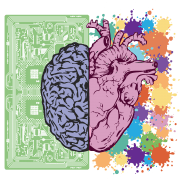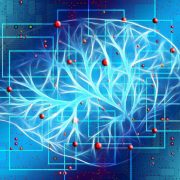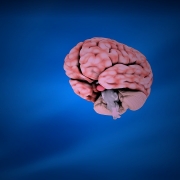Of balance and the blues
Most of us consider that when dealing with an ear problem, what you are managing is a difficulty with hearing.
Then again, the ear is also the seat of the vestibular system. This is the system that provides the balance necessary to stand upright or resist falling. When an issue arises with this system, one can experience anything from dizzy spells to vertigo. Interestingly, depression and anxiety can also be a part of this picture.
The vestibular system is so important that not only is it the first one to develop in utero, it is actually mature enough by 6 months of age that, by the sixth month of development in the womb, the baby has a sense of balance.
Most recently, a biomedical researcher at Monash University in Melbourne, Australia, Brian Lithgow, recognized that there was the potential to diagnose “emotional” conditions and disorders by comparing the electrical activity in the vestibular system in different people.
Lithgow recognized that the vestibular system was closely linked to the primitive, less developed sections of the brain where emotions reside. It happens to be that emotions such as depression and anxiety are often generated in the more primitive regions of the brain, as well.
By measuring the activity of the vestibular system, Lithgow believes he an identify distinct electrical patterns that can be used to identify depression, schizophrenia, ADHD as well as other disorders that have historically been associated with the more highly-developed centers of the brain.
While it is true that the research is in the beginning stages, the mere fact that an analysis of the function of the vestibular system could potentially lead to diagnosis and treatment for conditions that poison people’s lives is simply outstanding!
https://www.healthyhearing.com/report/43720-Balance-vestibular-system










Leave a Reply